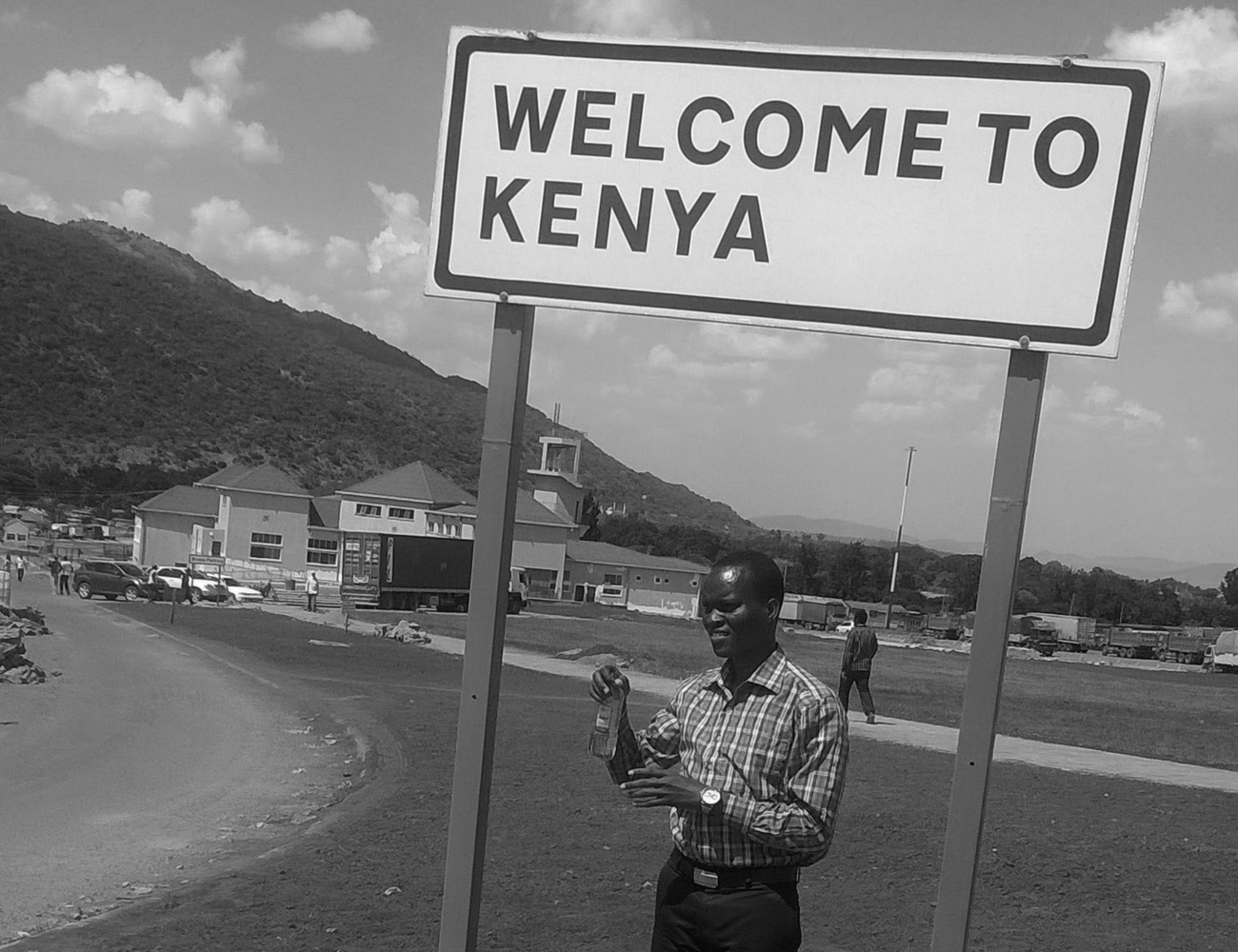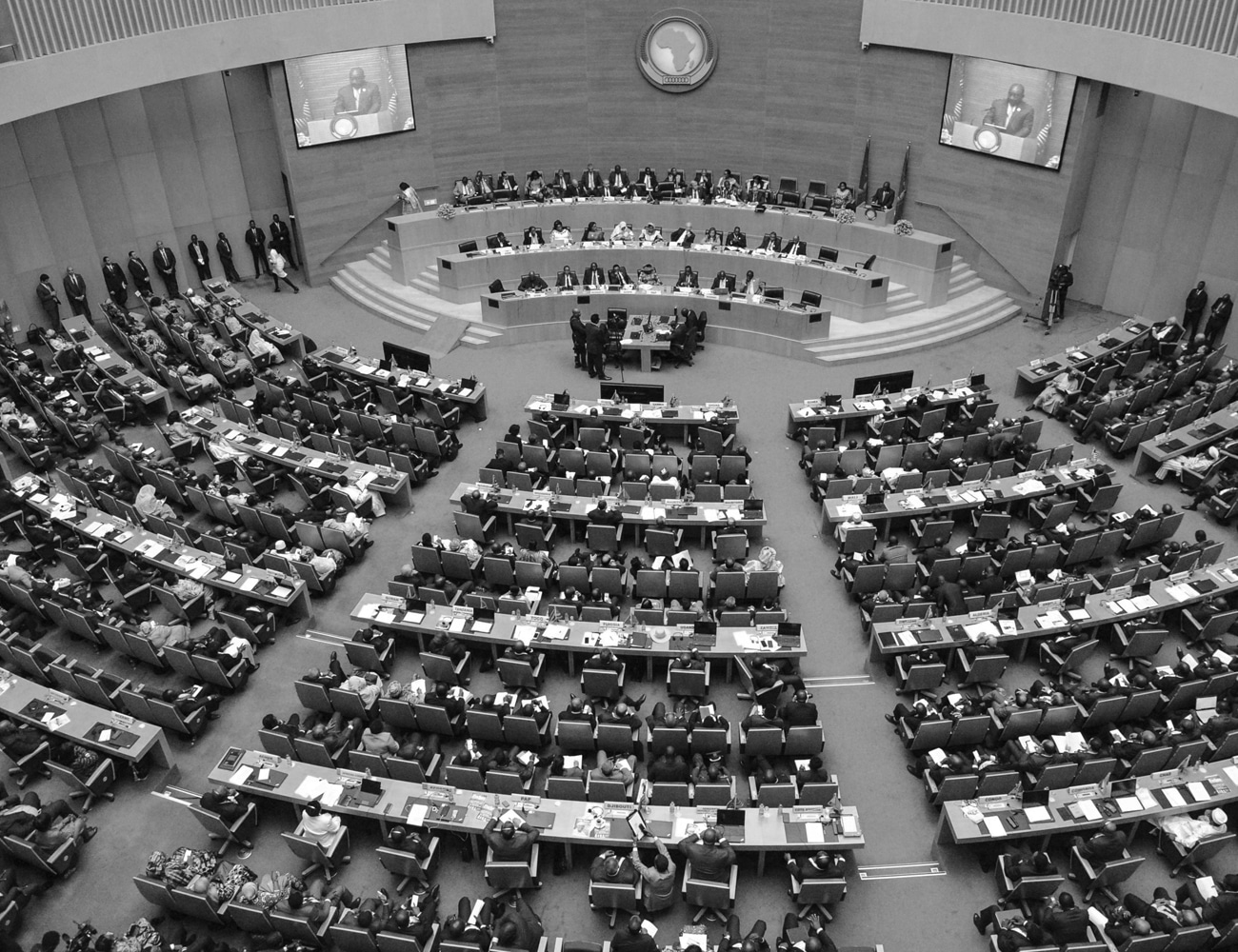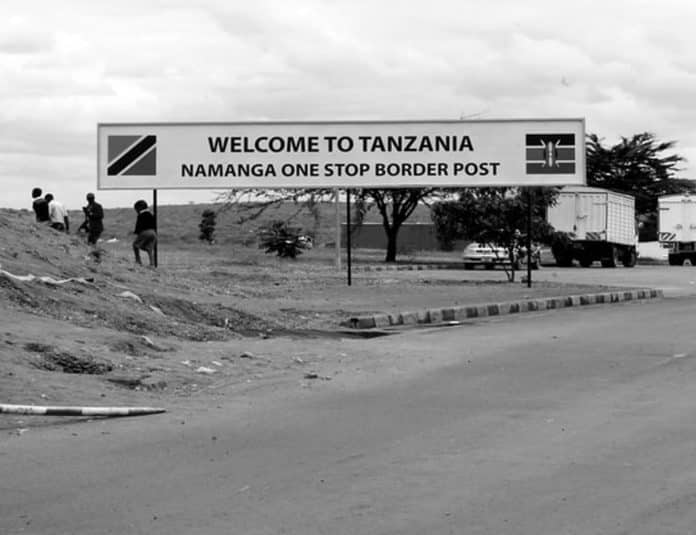The Kenya-Tanzania Border Dispute: Unveiling the Political, Economic, and Social Ramifications
In recent years, the Kenya Tanzania border dispute has become a contentious issue, with far-reaching political, economic, and social ramifications. The disagreement stems from conflicting territorial claims, primarily over the waters of the Indian Ocean. This dispute has strained diplomatic relations between the two nations, with each side staunchly defending its position.
Historical background and origins of the dispute

The origins of the Kenya-Tanzania border dispute can be traced back to the colonial era when the boundaries were drawn without considering the indigenous communities’ historical claims and territorial rights. The conflicting claims over the waters of the Indian Ocean have further exacerbated the dispute. Both Kenya and Tanzania believe that these waters hold significant economic potential, including oil and gas reserves, fishing grounds, and maritime trade routes.
Political implications of the border dispute
The Kenya Tanzania border dispute has had severe political implications for both Kenya and Tanzania, as it has strained diplomatic relations and undermined regional stability. The conflicting claims have led to increased tension and mistrust between the two nations, impacting their ability to cooperate on various regional issues. The dispute has also hindered the formation of a cohesive and integrated East African Community, affecting the region’s prospects for economic growth and development.
Furthermore, the border dispute has become a rallying point for nationalist sentiments in both countries, with politicians using it as a tool to gain support and consolidate power. Nationalistic rhetoric and public pressure have made it challenging for political leaders to find a compromise and reach a mutually beneficial resolution.
Economic impact on Kenya and Tanzania
The economic impact of the Kenya Tanzania border dispute has been significant for Kenya and Tanzania, two of East Africa’s largest economies. The uncertainty surrounding the disputed areas has deterred potential investors, both domestic and international, from committing to long-term investments. This has hampered economic growth and development in the region, as businesses are hesitant to expand operations in areas with unclear ownership.
Trade flow between Kenya and Tanzania has also been affected by the border dispute. The disputed territories lie along key transportation routes, including major highways and railway lines. The uncertainty has resulted in delays, increased transportation costs, and disrupted supply chains, affecting the competitiveness of businesses operating in the region. The lack of a clear border has also led to the proliferation of informal cross-border trade, further complicating the economic landscape.
Social consequences for the border communities
The Kenya Tanzania border dispute has had severe social consequences for the communities residing in the disputed territories. These communities have been caught in the crossfire, facing displacement, restricted access to resources, and basic services. The lack of clarity regarding land ownership has led to conflicts over grazing rights, agriculture, and access to water sources.
The prolonged dispute has also hindered the development of infrastructure and social services in the border regions. Schools, healthcare facilities, and other essential amenities have been neglected, exacerbating the already challenging living conditions faced by these communities. The lack of investment and development opportunities has resulted in high levels of unemployment, poverty, and social unrest.
Efforts to resolve the dispute – diplomatic negotiations and legal recourse

Both Kenya and Tanzania have engaged in diplomatic negotiations and legal recourse in an attempt to resolve the Kenya Tanzania border dispute. The two nations have held numerous bilateral talks, facilitated by regional bodies such as the East African Community (EAC) and the African Union (AU). These negotiations have aimed to find a peaceful and mutually acceptable solution that respects the historical claims and territorial rights of both parties.
In addition to diplomatic negotiations, Kenya and Tanzania have also resorted to legal mechanisms to settle the dispute. The International Court of Justice (ICJ) has been approached to provide an advisory opinion on the matter. However, the legal process is lengthy and complex, and the final decision may not fully satisfy either party.
The role of international organizations in mediating the dispute
International organizations, such as the United Nations (UN) and the African Union (AU), have played a crucial role in mediating the Kenya Tanzania border dispute. These organizations have provided a platform for dialogue, facilitated negotiations, and offered technical assistance to promote a peaceful resolution. They have emphasized the importance of adhering to international law and respecting the sovereignty and territorial integrity of both Kenya and Tanzania.
The involvement of international organizations has helped to de-escalate tensions and prevent the dispute from escalating into a full-blown conflict. Their impartiality and expertise have provided a framework for both parties to engage in constructive dialogue and explore potential solutions.
Public opinion and popular sentiment on the border issue
Public opinion and popular sentiment regarding the Kenya Tanzania border dispute vary within each country. In Kenya, the dispute is often portrayed as a matter of national pride and sovereignty, with many supporting a firm stance against any territorial concessions. In Tanzania, there is a similar sentiment, with the belief that historical claims should be respected and protected.
However, there are also voices calling for a more conciliatory approach, emphasizing the shared history, cultural ties, and economic benefits of cooperation between the two nations. Civil society organizations and grassroots movements have emerged, advocating for peaceful resolution and the prioritization of regional integration and development.
Potential solutions and future prospects for resolution
Finding a peaceful and mutually acceptable resolution to the Kenya Tanzania border dispute remains a complex challenge. However, there are potential solutions that could pave the way for a lasting settlement. These include bilateral agreements on resource sharing, joint development projects, and the establishment of a neutral arbitration mechanism to oversee the disputed areas.

Regional integration efforts, such as the East African Community (EAC) and the African Continental Free Trade Area (AfCFTA), offer opportunities for increased cooperation and economic integration. By focusing on shared interests and common goals, Kenya and Tanzania can work towards resolving the border dispute in a manner that benefits both nations and the entire East African region.
The importance of peaceful border relations for regional stability
In conclusion, the Kenya Tanzania border dispute has far-reaching political, economic, and social ramifications. The conflicting territorial claims have strained diplomatic relations, hindered economic growth, and affected the lives of border communities. Finding a peaceful resolution is crucial for regional stability, economic development, and the overall well-being of the people living in the disputed territories.
By fostering understanding and encouraging dialogue, Kenya and Tanzania can work towards resolving the border dispute in a manner that promotes cooperation, integration, and shared prosperity. It is essential for both nations to prioritize peaceful border relations and seize the opportunities for collaboration that lie within the East African region.
For more articles related to Politics in Tanzania, click here!


































